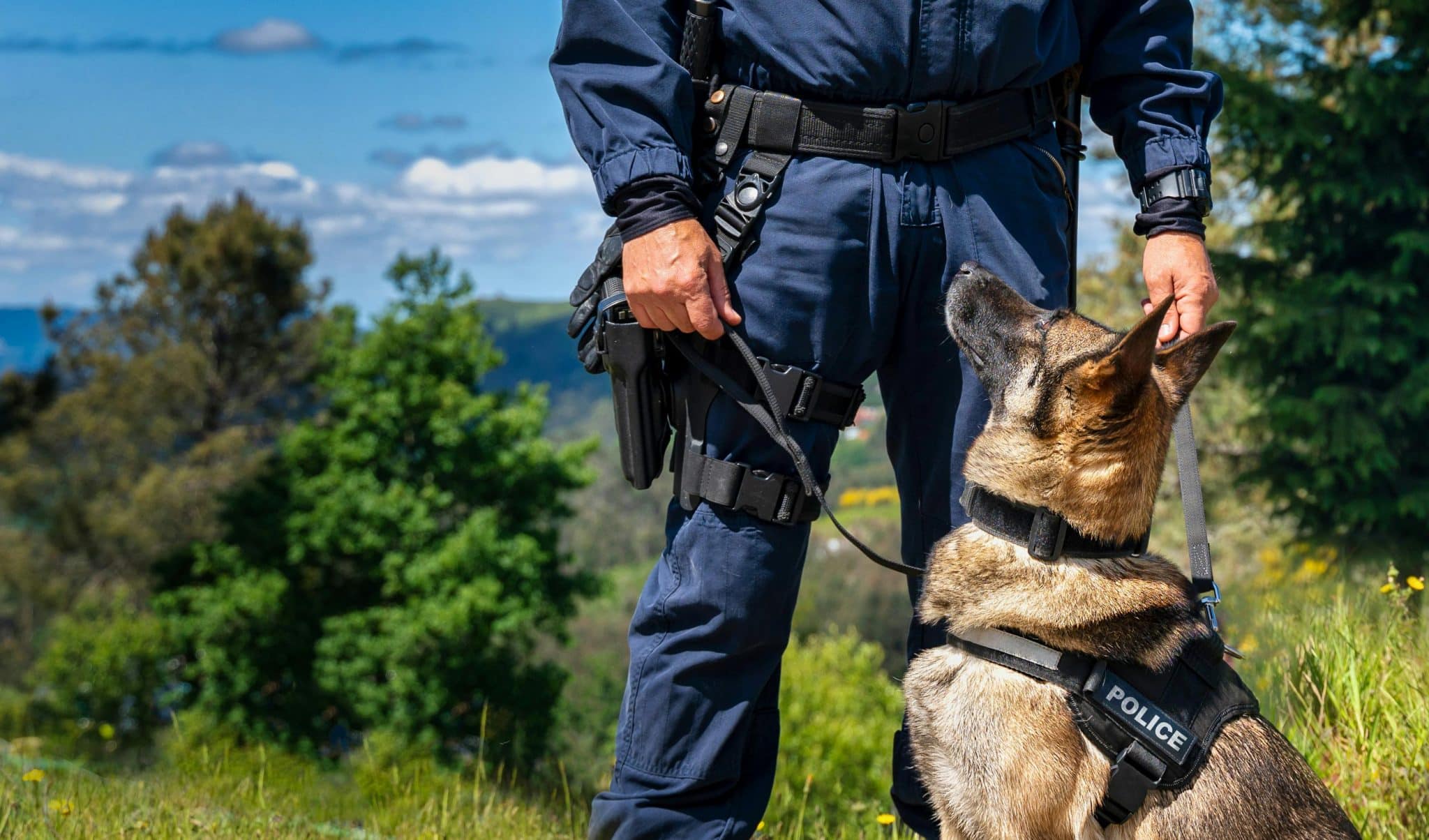Shutterstock
Dogs are known for their loyalty and love, but their heroism extends far beyond companionship. Every day, dogs perform incredible feats that save lives, often without recognition. Whether trained for specific tasks or acting on instinct, they play critical roles in emergencies, assist individuals with disabilities, and help prevent dangers. These remarkable animals show that their impact is much more than just wagging tails and friendly licks. From search and rescue to emotional support, here are the many ways dogs save lives every single day.
Search and Rescue
 Shutterstock
Shutterstock
One of the most well-known ways dogs save lives is through search and rescue operations. Dogs, especially breeds like German Shepherds and Belgian Malinois, are trained to locate missing persons in various environments, from wilderness areas to disaster sites. Their keen sense of smell allows them to detect scents from great distances, even through rubble or dense forests. Whether they’re searching for lost hikers, locating survivors after an earthquake, or recovering people from a collapsed building, these heroic canines work tirelessly to find and rescue those in danger, saving countless lives in the process.
Detection Dogs in Law Enforcement
 Shutterstock
Shutterstock
Dogs have long been used in law enforcement, particularly for their ability to detect drugs, explosives, and other dangerous substances. With their extraordinary sense of smell, detection dogs can find hidden contraband or explosives that might otherwise go unnoticed. These dogs are crucial in preventing crimes, such as drug trafficking and terrorism, by sniffing out dangerous items before they can cause harm. Every day, detection dogs work alongside police officers and security teams to keep communities safe and stop threats before they escalate, making them unsung heroes in the fight against crime.
Service Dogs for People with Disabilities
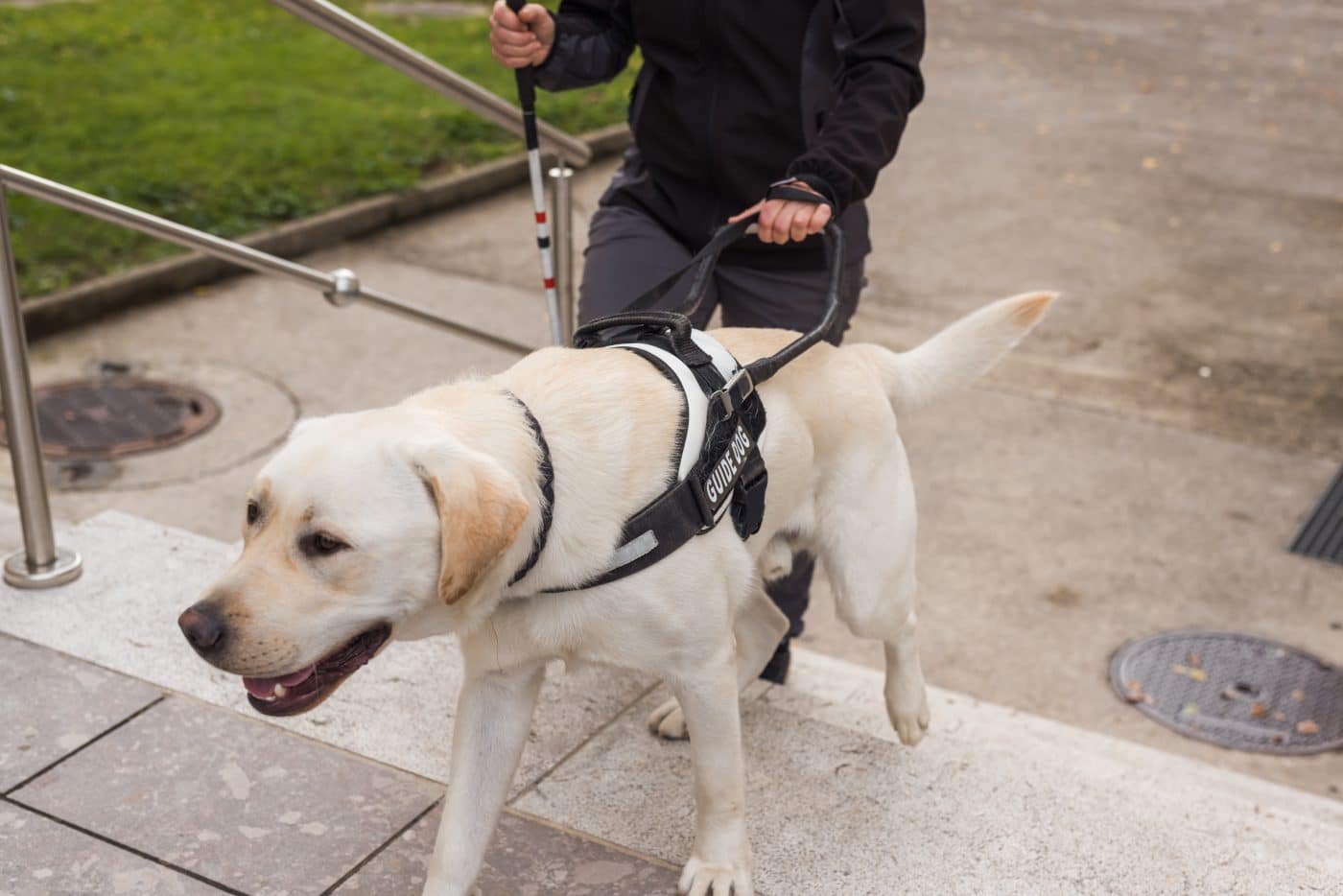 Shutterstock
Shutterstock
Service dogs have an incredible ability to change the lives of people with disabilities. These dogs are specially trained to assist individuals with a range of physical, mental, and emotional needs, including guiding the blind, alerting those with hearing impairments, or providing support for individuals with PTSD. Service dogs can detect changes in a person’s condition, such as a seizure, and help prevent injury or provide timely assistance. Their training allows them to support their owners with daily tasks, making life safer and more manageable. These remarkable dogs give their owners a sense of independence and security, saving lives in ways that often go unnoticed.
Medical Alert Dogs
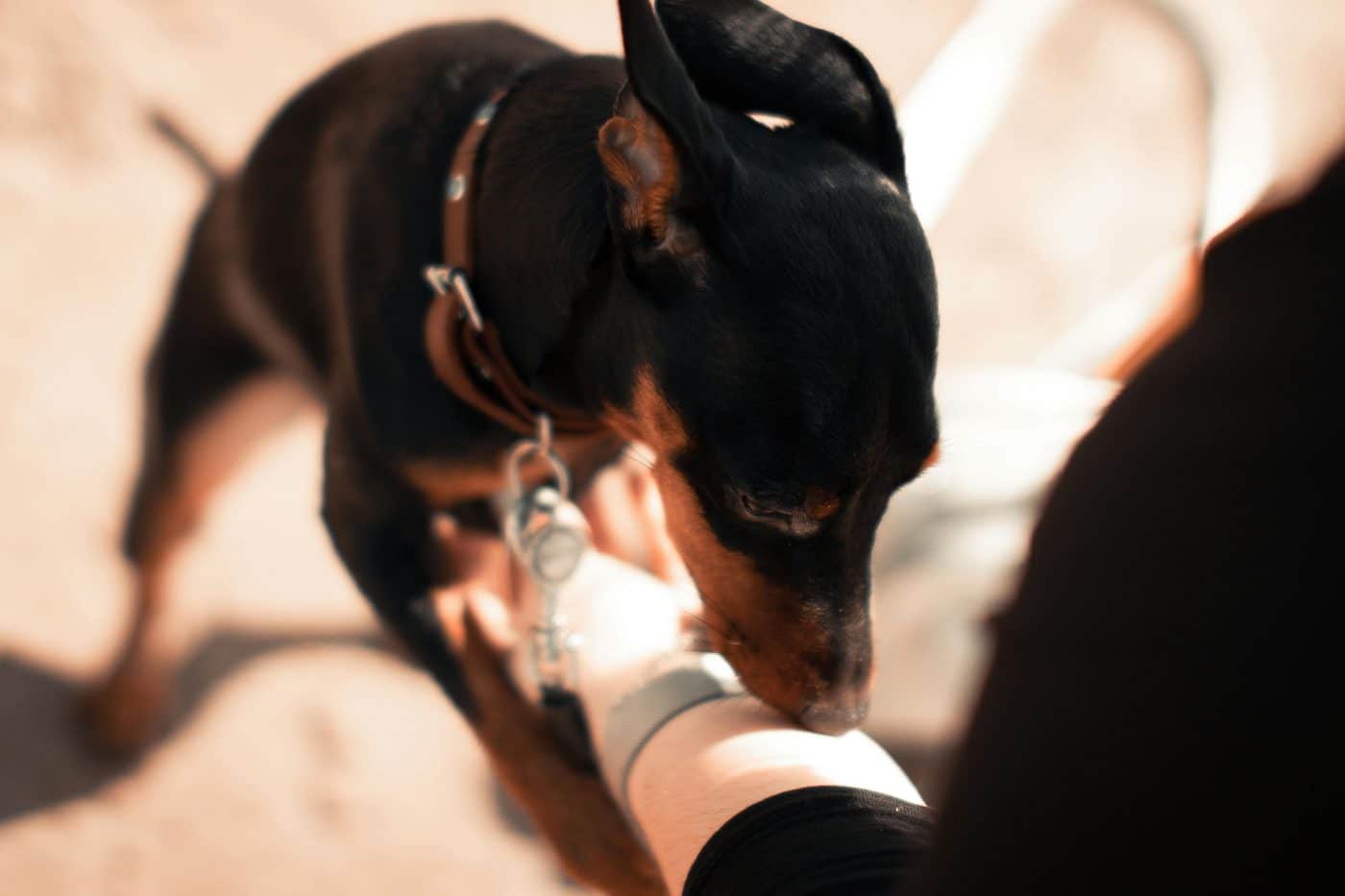 Shutterstock
Shutterstock
Some dogs are trained to detect medical conditions such as seizures, low blood sugar, or even the early onset of a heart attack. These medical alert dogs are incredibly intuitive and can sense changes in their owner’s body chemistry long before the human is aware of the problem. For individuals with conditions like diabetes or epilepsy, these dogs can act as lifesavers by alerting their owners to take action, whether it’s administering medication or getting to safety. Their ability to detect subtle changes in their owner’s health can mean the difference between life and death, especially in emergencies.
Emotional Support Dogs for Mental Health
 Shutterstock
Shutterstock
While emotional support dogs are not specifically trained to perform life-saving tasks, their role in supporting mental health is undeniably heroic. These dogs are essential for individuals suffering from anxiety, depression, PTSD, and other mental health conditions. The presence of an emotional support dog can reduce stress, calm panic attacks, and help individuals navigate daily life with greater stability. These dogs have a calming influence on their owners, providing a sense of peace and security during emotionally turbulent times. Their constant companionship often prevents dangerous situations, such as self-harm or suicide attempts, by offering a source of emotional relief.
Firefighting Dogs
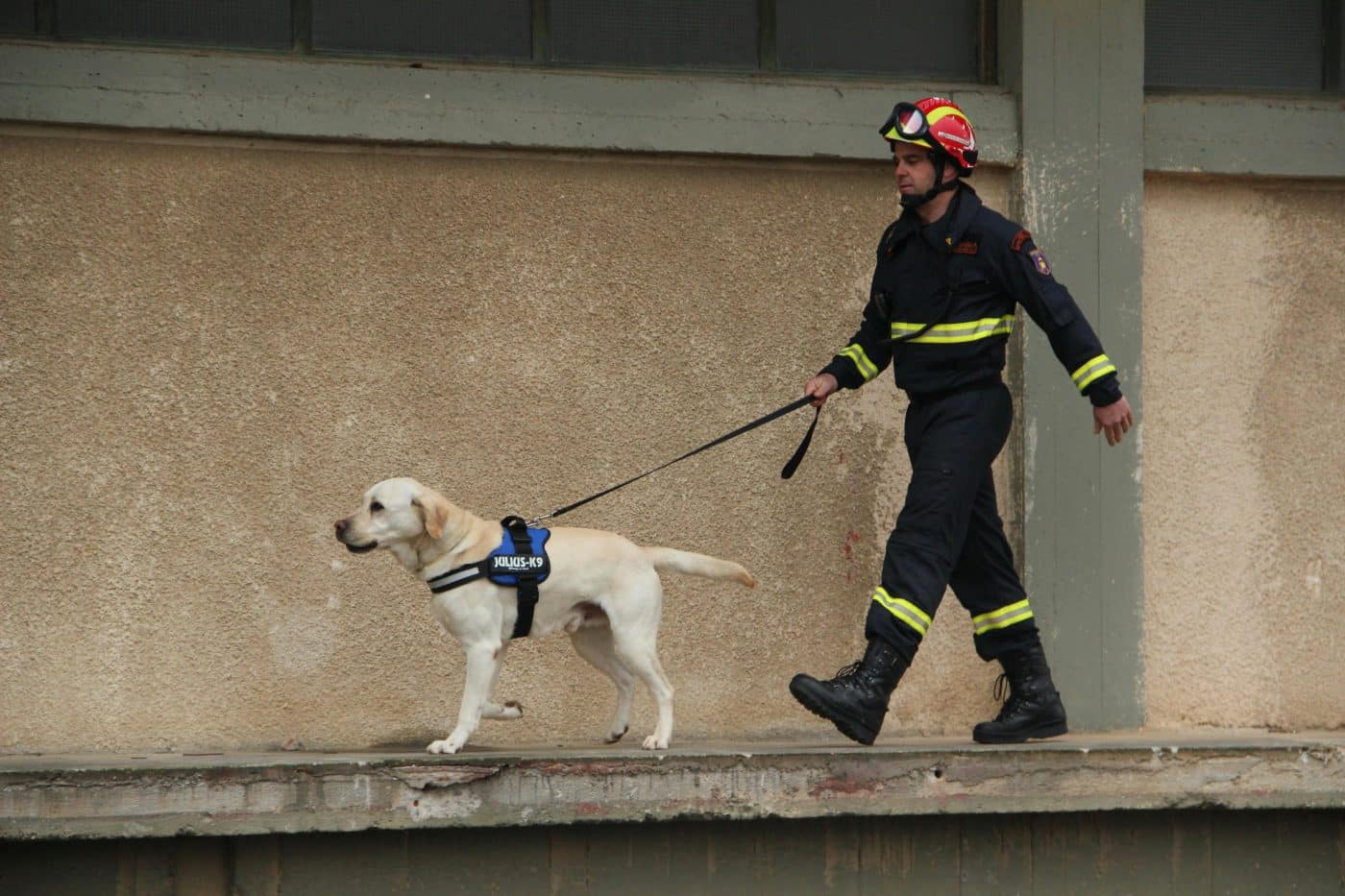 Shutterstock
Shutterstock
Certain breeds, particularly Labrador Retrievers, are trained as firefighting dogs to help in emergencies. These dogs can carry equipment, relay messages, or even assist in searching for victims in dangerous environments. Their role often includes carrying fire hoses, helping carry injured individuals out of burning buildings, or locating people who may be trapped by smoke and flames. Firefighting dogs crucially save lives by supporting firefighters on the front lines and ensuring that everyone gets to safety.
Dogs in Avalanche Rescue
 Shutterstock
Shutterstock
In avalanche-prone areas, dogs are invaluable in locating victims buried under tons of snow. These dogs are trained to work in harsh, cold environments, using their exceptional sense of smell to detect trapped individuals. In situations where time is of the essence, rescue dogs can often find someone much faster than human search teams. Their work is often the difference between life and death, as buried victims have very limited time to be rescued before it’s too late. These canine heroes work tirelessly in extreme conditions, saving lives and bringing hope to those trapped beneath the snow.
Blood Donor Dogs
 Shutterstock
Shutterstock
Dogs can also save lives in a less conventional but equally important way: as blood donors. Much like humans, dogs need blood transfusions in emergencies, and certain breeds are ideal candidates for donating blood. This life-saving practice is essential for injured dogs, as well as for those undergoing surgeries or battling severe illnesses. Veterinary clinics and animal shelters often rely on healthy dogs to donate blood to help save the lives of other dogs in need. Blood donor dogs are true heroes, silently contributing to the well-being of their peers.
Lifeguard Dogs
 Shutterstock
Shutterstock
In coastal regions and swimming areas, lifeguard dogs are trained to rescue drowning swimmers or those struggling in the water. These dogs are specially trained to swim out to people in distress and bring them back to safety, often in situations where human lifeguards are unable to reach them in time. Lifeguard dogs are particularly effective in rough waters and difficult conditions, where their strength and agility in the water give them a distinct advantage. These canine heroes not only help in water rescues but also offer a sense of security to beachgoers, knowing that their furry lifeguard is always on patrol.
Therapy Dogs in Hospitals
 Shutterstock
Shutterstock
Therapy dogs play an important role in hospitals, providing comfort and emotional support to patients in recovery. Their calming presence can reduce anxiety, pain, and stress for patients, helping them feel more at ease during treatment. These dogs are often brought into hospitals, nursing homes, and rehabilitation centers to provide companionship and a sense of normalcy to those who are struggling with illness or injury. By simply being there, therapy dogs offer invaluable emotional support that accelerates recovery and helps save lives by lifting spirits and improving mental well-being.
Protection Dogs for Personal Safety
 Shutterstock
Shutterstock
Dogs have been used for centuries to protect people from danger, and many breeds are still trained as protection dogs. These dogs are typically trained to guard homes, families, and properties, alerting their owners to any potential threats. They are also trained to intervene in potentially dangerous situations, protecting their owners from attacks or intrusions. Whether it’s a family dog who acts as a guardian or a professionally trained protection dog, these animals can prevent harm and even save lives by fending off intruders or warning their owners about impending danger.
Dogs That Detect Cancer
 Shutterstock
Shutterstock
Dogs have an extraordinary ability to detect changes in the human body, and some have even been trained to detect cancer. Research has shown that dogs can smell specific compounds produced by cancerous cells, allowing them to alert humans to potential health issues long before symptoms become apparent. Dogs that are trained to detect cancer can save lives by enabling early diagnosis and timely treatment. These amazing dogs are often used in clinical settings or by individuals who are at high risk of certain types of cancer, making them life-saving allies in the battle against illness.
Dogs That Help Prevent Suicide
 Shutterstock
Shutterstock
For individuals struggling with severe mental health issues, dogs can be lifesavers by providing emotional support during their darkest hours. Dogs offer unconditional love and companionship, preventing feelings of isolation that can contribute to suicidal thoughts. They sense their owners’ emotional distress and often intervene by seeking comfort or providing physical closeness. The emotional stability that dogs offer can make all the difference, preventing tragic outcomes by offering support during critical moments of mental anguish.
The Real Life Superheroes With Paws
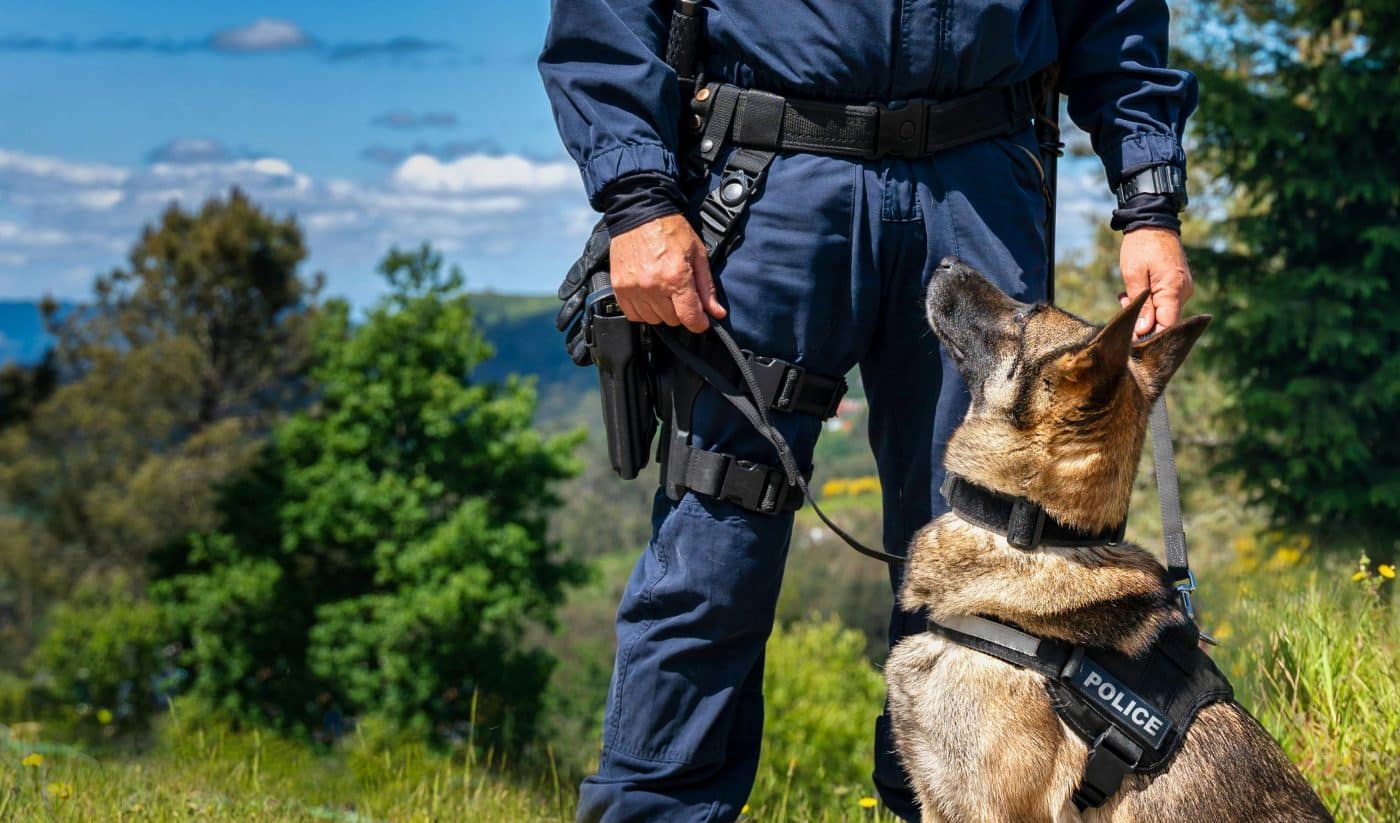 Shutterstock
Shutterstock
It turns out that dogs aren’t just good boys or good girls—they’re life-saving superheroes, too! From rescuing people in disaster zones to providing medical alerts, dogs truly do it all. They save lives daily with their instincts, training, and unconditional love. So next time your dog cuddles up to you on the couch or runs to greet you at the door, remember: they might be in their downtime, but they’re always ready to be a hero when needed. Who’s a good hero? You know it’s your dog!
